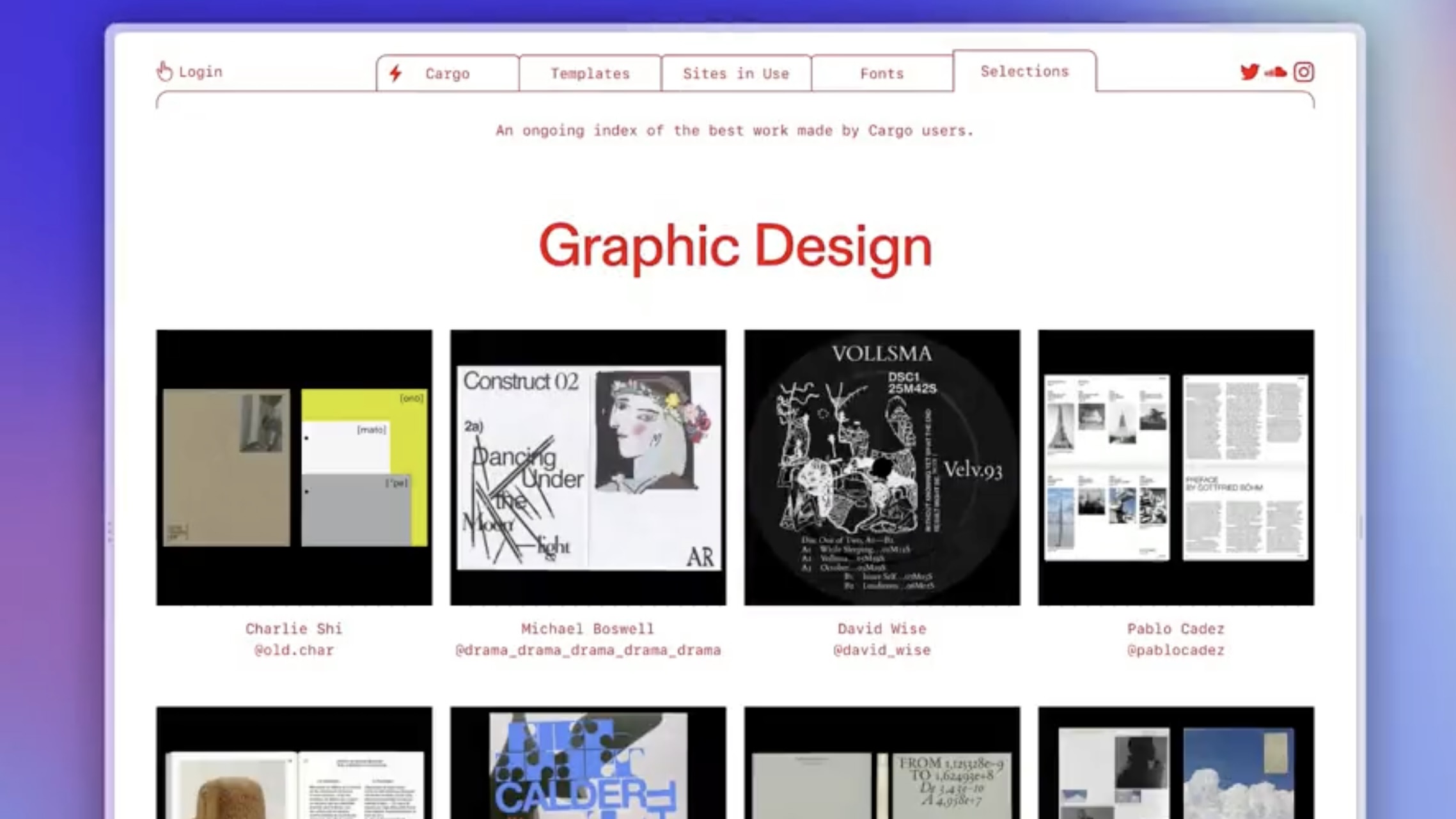The Arc browser is here to replace Chrome — and cure your tab chaos
The Arc browser could be the next Google Chrome rival

Every now and then we get a web browser that looks to shake things up and chip away at the dominance of Google Chrome. Meet Arc.
Created by the New York City-based startup The Browser Company, Arc aims to offer a whole suite of features that change the idea of how browsers work. The idea here is for it to become an operating system for the web with functions to better help users handle tabs, consume content and generally do more while browsing.
it's called Arc pic.twitter.com/1dl2H2Ca4eApril 19, 2022
Traditionally, web browsers were simple tools in which you typed in a URL or words to search the web, without much else to distract users. They have since evolved to incorporate extensions and tools. And the likes of Chrome do tend to have apps baked into them (I’m currently writing this in Google Docs via Chrome), though these tend to be secondary to the main browsing experience and can be shunted to one side.
An operating system by its nature is more tightly wound with what a user is doing, with features, tools and designs that influence your whole experience, whether you’re talking about Windows 11 on a PC or Android on one of the best phones. And Arc wants to take the operating system approach with features that are entwined with your web browsing.
One such example of this, flagged by The Verge which has early access to Arc, is that when playing audio in the web version of Twitch or Spotify Arc you'll see a tiny player at the bottom of the browser’s sidebar, so when you navigate to a different tab you can still control the audio playback.
The same is true when handling Google Meet calls, with microphone and speaker controls put in the sidebar — this sounds like a great quality-of-life feature as too many times have I been looking at one tab and then I needed to awkwardly bounce back to a Chrome tab with a Meet call to unmute myself and answer a question.
The aforementioned sidebar is one of the core things that Arc has to set itself apart from other browsers. It not only acts as a place to store a load of tabs, but also contains apps that let you bounce back to say Gmail and see it exactly how you left it if you’d accidentally closed a tab that it was in. This sounds a lot more efficient than needing to open a new Chrome tab and use the app tray to select Gmail or type it into the search bar.
Get instant access to breaking news, the hottest reviews, great deals and helpful tips.
Arc touts this approach as “it’s everything you care about, all in one place,” which looks promising but also slightly reminiscent of the design language used in macOS. And with a load of organizational features, Arc could be exactly the browser for people tired of the chaos of having multiple tabs open; something I can relate to.

There’s also a mix of customization features that let you change the look of a website, say turning down its brightness without adjusting your computer’s display. Or quickly capturing information or images from a site to be used in a project, such as a form of mood board.
From the impression The Verge’s David Pierce gives, there’s a lot of potential to Arc though it’s far from perfect. Given it’s based on Chromium it works well with all manner of websites optimized for that architecture. But it also comes with some of the performance demands and issues that can see the likes of Chrome struggle with computers that don’t have much memory.
Unfortunately, there’s a waitlist for Arc so I wasn’t able to try it out myself yet. But I’ve signed up and am curious to give it a go.
Will it really challenge Chrome? Probably not. But we’re at a time when people are looking for alternatives that either offer something new or lean heavily into privacy. So Arc could have more of an impact and influence on web browsing than other browsers currently available. Watch this space.

Roland Moore-Colyer a Managing Editor at Tom’s Guide with a focus on news, features and opinion articles. He often writes about gaming, phones, laptops and other bits of hardware; he’s also got an interest in cars. When not at his desk Roland can be found wandering around London, often with a look of curiosity on his face.
 Club Benefits
Club Benefits





